메인 컨텐츠 영역
What is ICF?
ICF(International Coach Federation) is a non-profit organization, established in the United States in 1995 for various coaching programs and international accreditation of professional coaches in order to develop the professionalism for international coaches and provide great quality of coaching services. As of 2019, there are currently 35,000 coaches as members from more than 140 countries around the world. Based on the core values such as equity, professionalism, collaboration and humanity as well as professional coaching ethics and core competencies of coaching, ICF support coaches' activities in the world.
-
Professionalism
We commit to a coaching mindset and professional quality that encompasses responsibility, respect, integrity, competence and excellence.
-
Collaboration
We commit to develop social connections and community building.
-
Humanity
We commit to being humane, kind, compassionate and respectful toward others.
-
Equity
We commit to using a coaching mindset to explore and understand the needs of others so we can practice equitable processes at all times that create equality for all.
-
Professionalism
We commit to a coaching mindset and professional quality that encompasses responsibility, respect, integrity, competence and excellence.
-
Collaboration
We commit to develop social connections and community building.
-
Humanity
We commit to being humane, kind, compassionate and respectful toward others.
-
Equity
We commit to using a coaching mindset to explore and understand the needs of others so we can practice equitable processes at all times that create equality for all.
-

ICF Definition
When ICF was founded in 1995, its purpose was to give credibility to an emerging profession and give coaches a place to connect with one another. In the 25 years that followed, ICF grew to become the world's largest organization of professionally trained coaches, and the leading voice for the global coaching community. In 2020, the International Coach Federation became the International Coaching Federation and there are over 30,000 members around the world. This was not just a new name; it was a new way of serving coaches, coaching clients, our communities and the world, as we pursue our vision of coaching as an integral part of a thriving society. The ICF ecosystem reflects ICF's interests in many areas of the coaching industry, represented by six unique family organizations that make up the whole or“One” ICF. It's an extension of our change in philosophy — a better illustration of how all stakeholders in our sphere can relate to and be a part of ICF.
-

ICF Members
After ICF certification training, you can obtain ACC, PCC, and MCC certification by passing 100, 500, and 2500 coaching hours besides passing written exams. You can then use the logo and membership certificate of ICF, and use the ICF's logo on your websites, emails and stationery items to take advantage of the power of trust that the ICF provides. You can also display your membership certificate to let customers know that you are an ICF member. The ICF Partner Program, ICF Media Partners, and ICF Business Solutions Partners offer discounts or special prices for ICF members on the use of the Services. ICF also offers a variety of services for members including insurance, software solutions, and magazine subscriptions. -The member toolkit: ICF member toolkit contains a lot of valuable content, including printable marketing materials, fact sheets, press release templates, and more. -The official coach finder directory listing is designed to link ICF members to each other, allowing them to register themselves in ICF online membership directory. Members with ICF certification may be included in the Professional Coaches group if the client finds an ICF coach and are also included in the Mentor Coach Registry.
-

ICF Accredited Certification Program
Accredited Coach Training Program (ACTP) accreditation is intended for coach training providers who are interested in having their training program accredited by ICF. ACTP programs are required to have at least 125 student contact hours. At least 50% of all training must be delivered in synchronous activities and 80% focused on the ICF Core Competencies. The remaining 50% of the training program can be delivered asynchronously and the remaining 20% can be focused on subjects not directly related to the ICF Core Competencies. The synchronous interactions between faculty and students may include time spent in direct instruction, real-time discussions, observation and feedback or practice coaching sessions, and mentoring students. The asynchronous education may include outside reading, writing, research, journaling, practice coaching and various other activities that may occur outside of the synchronous setting. All asynchronous hours require some method of validating that the activity was completed by the student.
